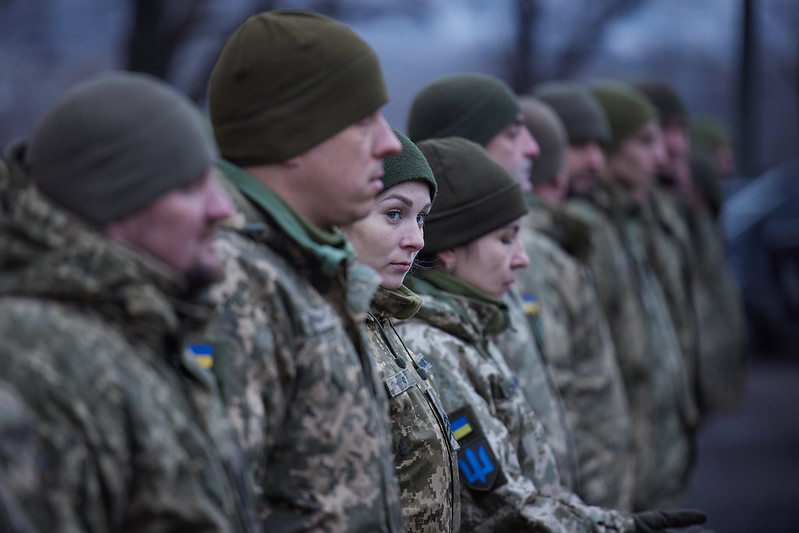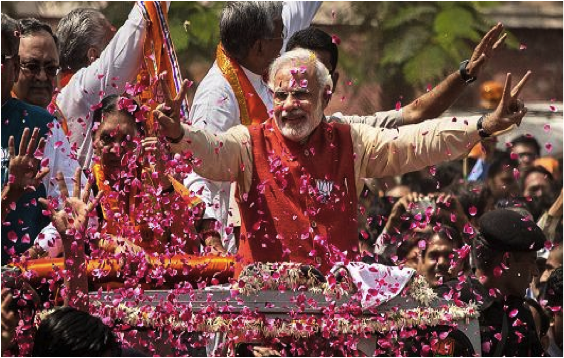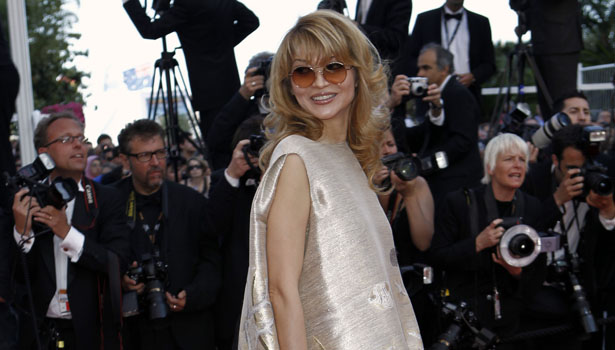“This is not only a war on Ukraine. It is also a war on human rights, and it is a war on women’s rights,” said Ursula von der Leyen as she recently paid tribute to Ukrainian women fighting against Russian forces.
Russia’s invasion of Ukraine has caused turmoil in a variety of ways. One of those ways is the upset of the gender roles that define Ukrainian society. Prior to the invasion, Ukraine’s military comprised 196,600 soldiers, and it was the second largest military in the region. However, this comes second to Russia’s military made up of 900,000 soldiers. This staggering difference in the number of military personnel required Ukraine to take a different approach, calling on women to join their forces.
While most military positions in Ukraine have been filled by volunteers, Ukrainian law permits that all physically fit men ages 18-60 be subject to conscription. Women are not subject to conscription and can join the military voluntarily. Prior to the invasion, approximately 32,000 women were in the military. Now, the number has increased to 50,000.
However, this increase in women’s participation in the Ukrainian military does not mean that they are abundantly present on the front lines of war. Gender discrimination, something that is not new to military culture, has largely restricted women’s participation in military work to taking on roles such as cooks and office managers – both highly gendered positions and reflective of the generally expected domestic nature of women’s civilian roles. Despite the slow progress within the military itself, the act of supporting and empowering women to join the military will likely permanently change the makeup of the Ukrainian forces for years to come, a change that should have happened years ago.
With more women joining the Ukrainian military, it is also important to note that gender-based violence (GBV) within militaries is quite common. Both men and women in the military experience GBV; however the severity of instances often differs. Women are more likely to experience behaviours linked to the initiation of a romantic or sexual experience, whereas men often experience unwelcome discourse related to their masculinity, sexual orientation, or gender expression.
GBV is also frequently used as a war strategy that primarily targets women and children. The United Nations has identified rape and sexual violence to be a part of Russia’s military strategy, commented Leyen. There have been at least 2,296 recorded killings of women and girls since the start of the invasion, and 70% of the displaced population is made up of women who are then put at greater risk of GBV.
Russia’s invasion of Ukraine has placed unique pressures on women and girls. Beyond taking on new societal roles and being placed at greater risk of GBV, school-aged girls are becoming increasingly responsible for supporting their families through marriage, and many women have had to reduce their own food intake to provide for their families or displaced populations that they have elected to care for.
Despite the positive repercussions for society that are associated with the Ukranian military opening their ranks to include women, it also invites the possibility of increasing the instances of GBV for Ukranian women. Given this, it is important to recognize that war affects all people and populations differently, making it extremely important to propose comprehensive gendered solutions that can tackle the problems faced by all marginalized groups within the region. Without such solutions, the history of terrible incidences of GBV resulting from war is bound to repeat itself.
Photo: Ceremony on the occasion of the 30th anniversary of the Armed Forces of Ukraine (2021) by President of Ukraine via Flickr. Licensed under CC BY-NC-ND 2.0.
Disclaimer: Any views or opinions expressed in articles are solely those of the authors and do not necessarily represent the views of the NATO Association of Canada.




